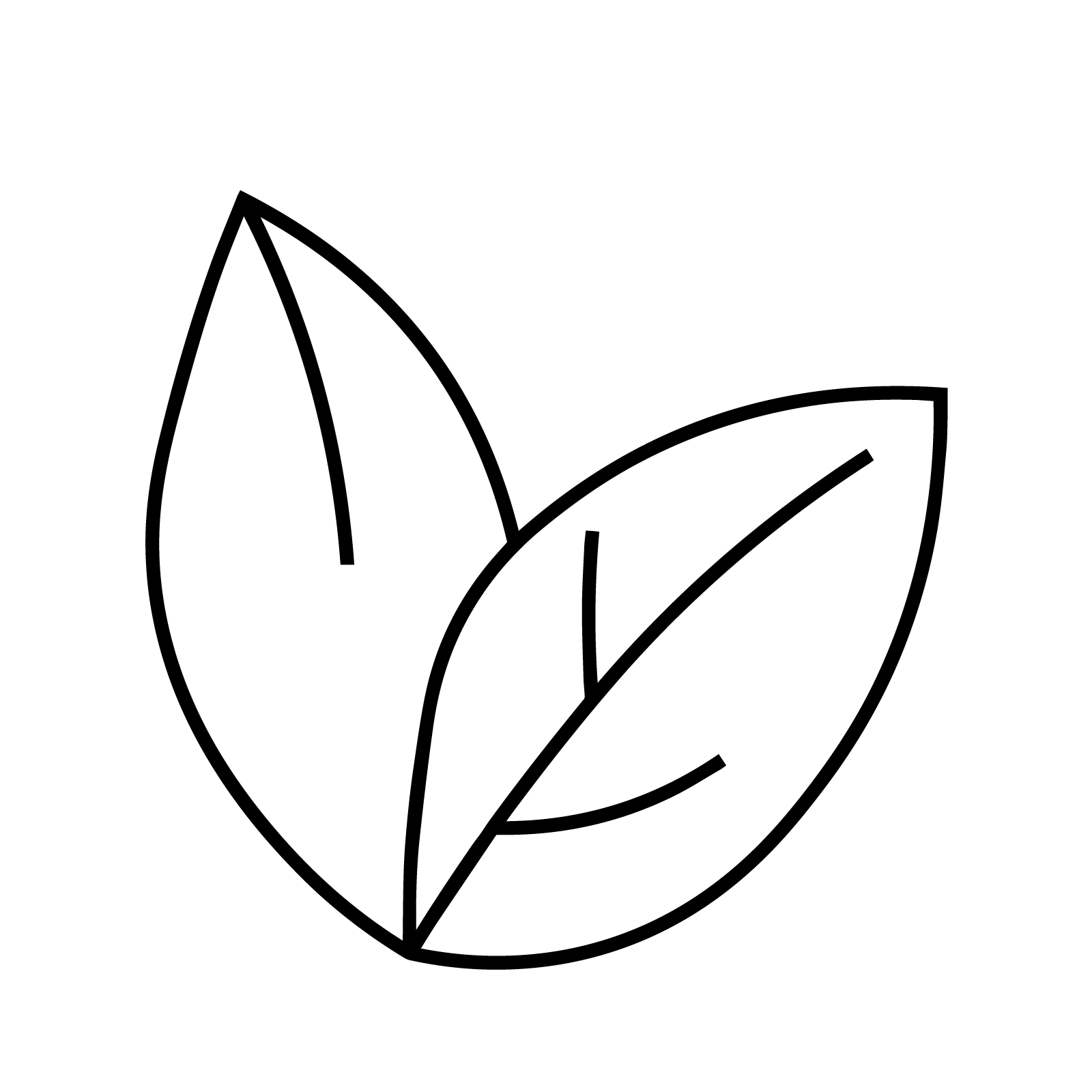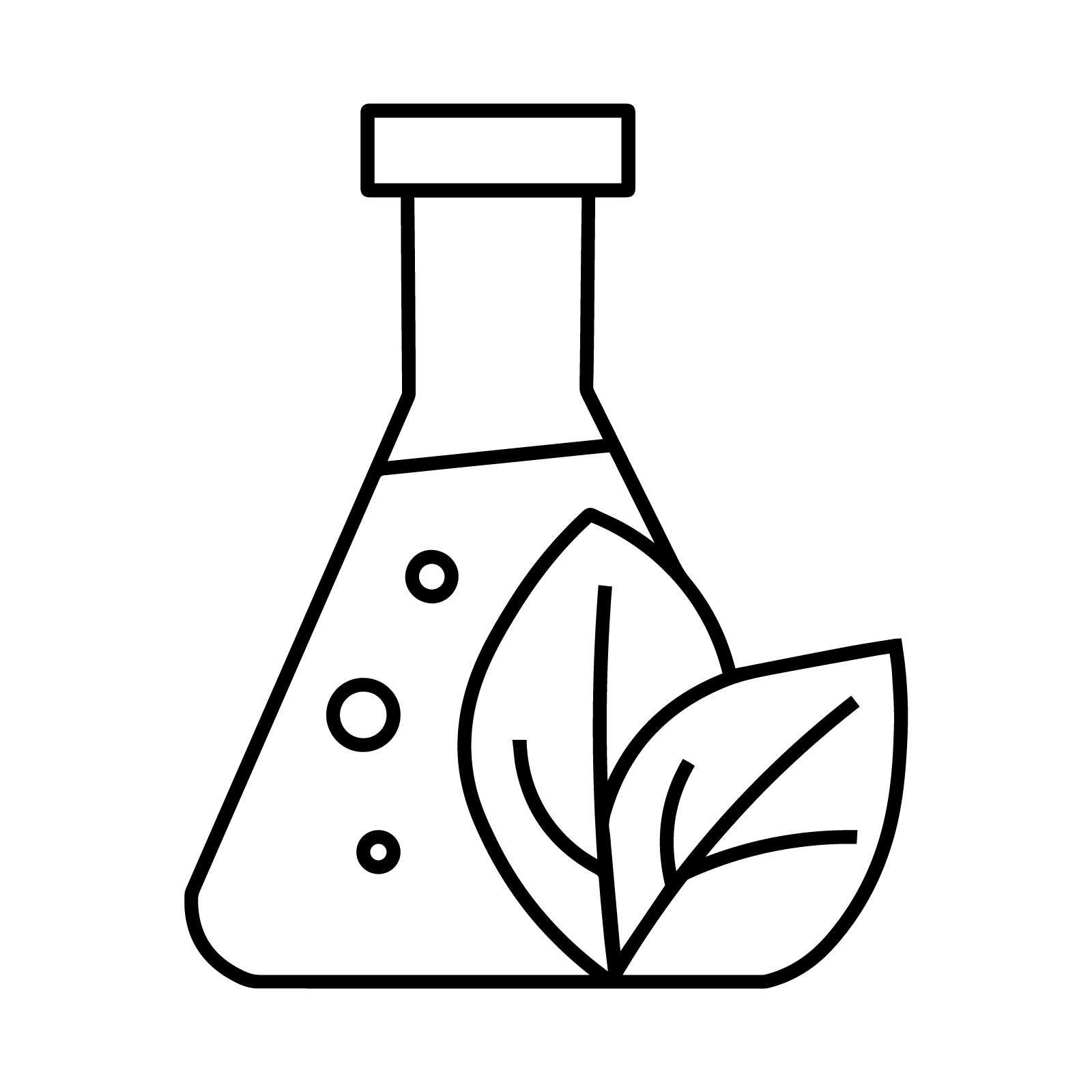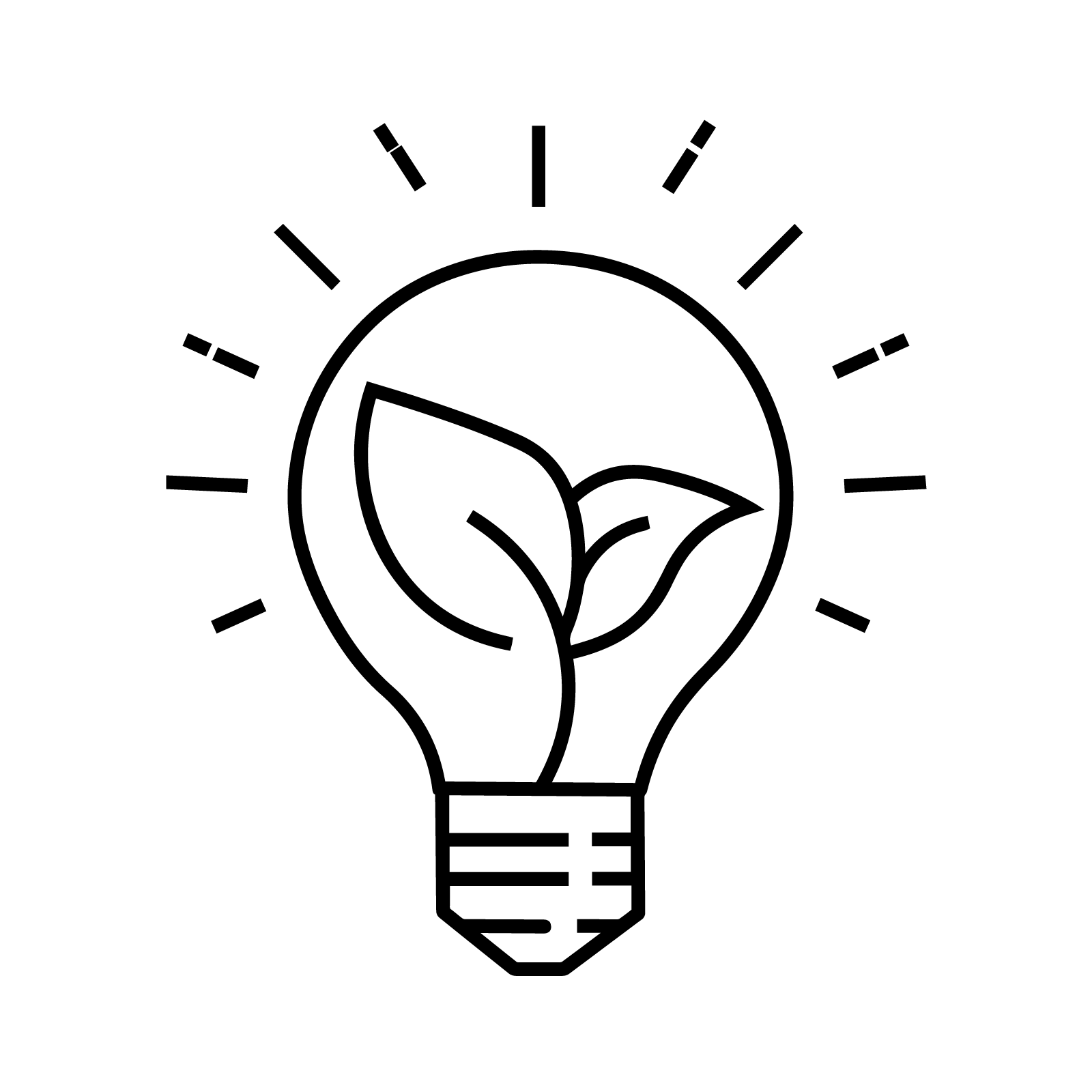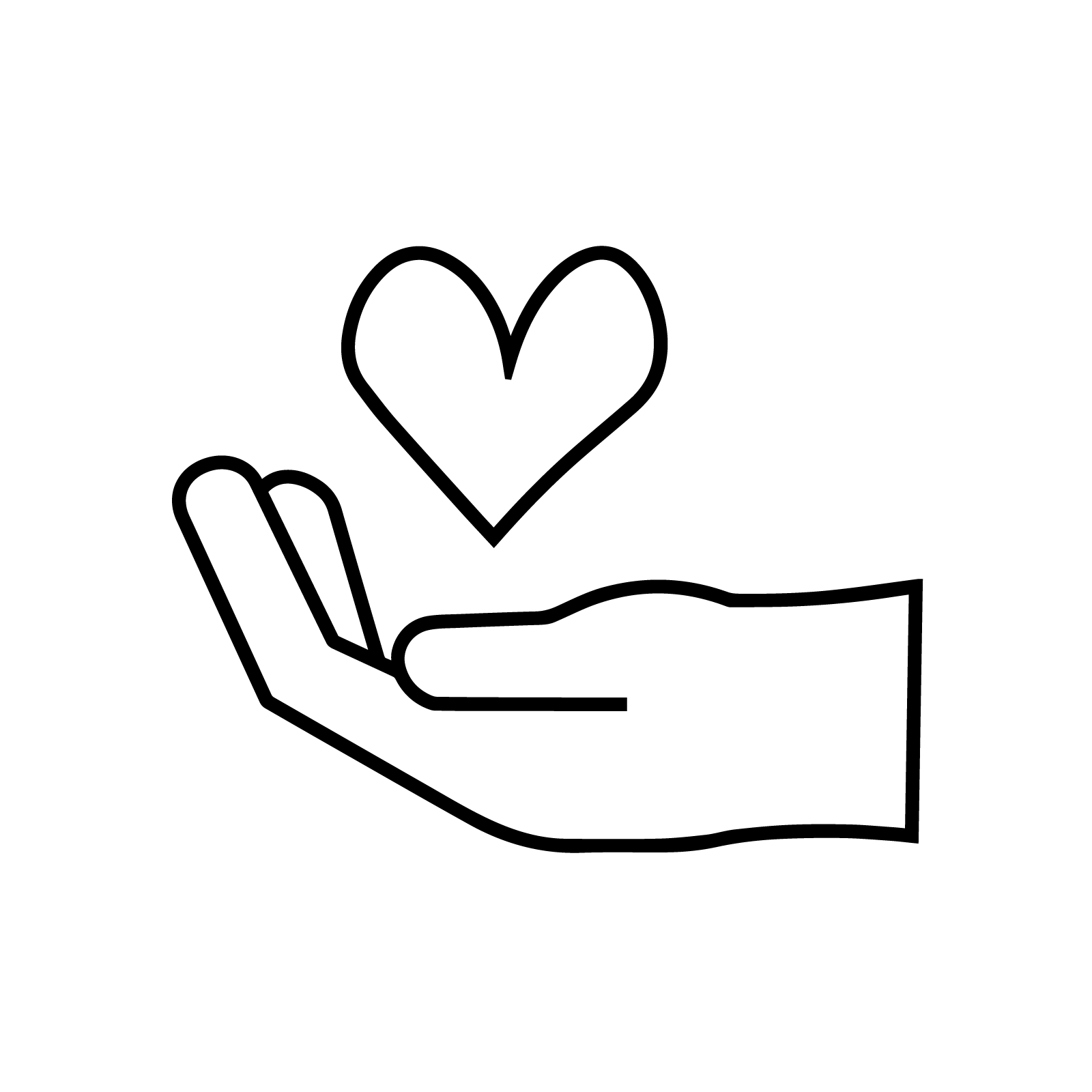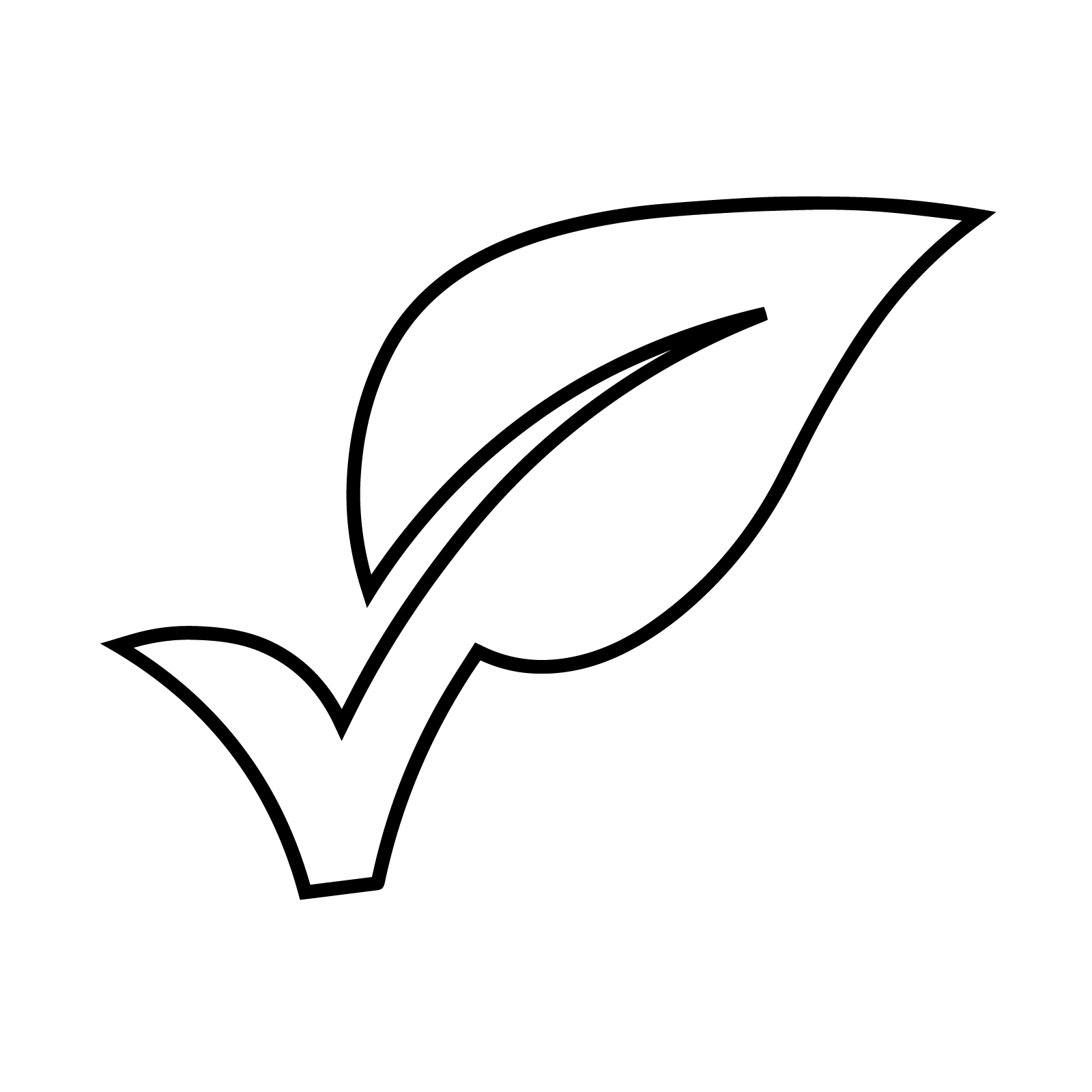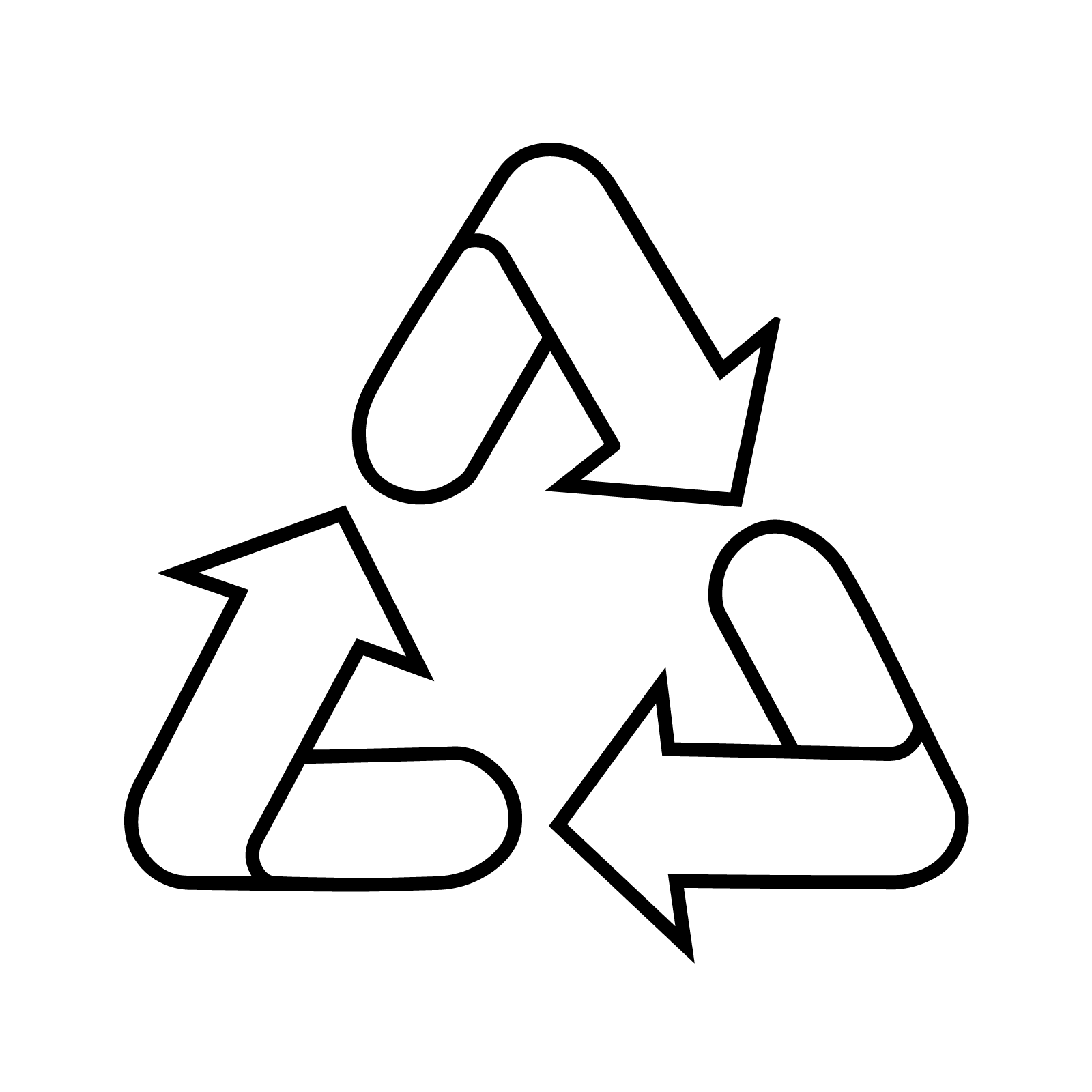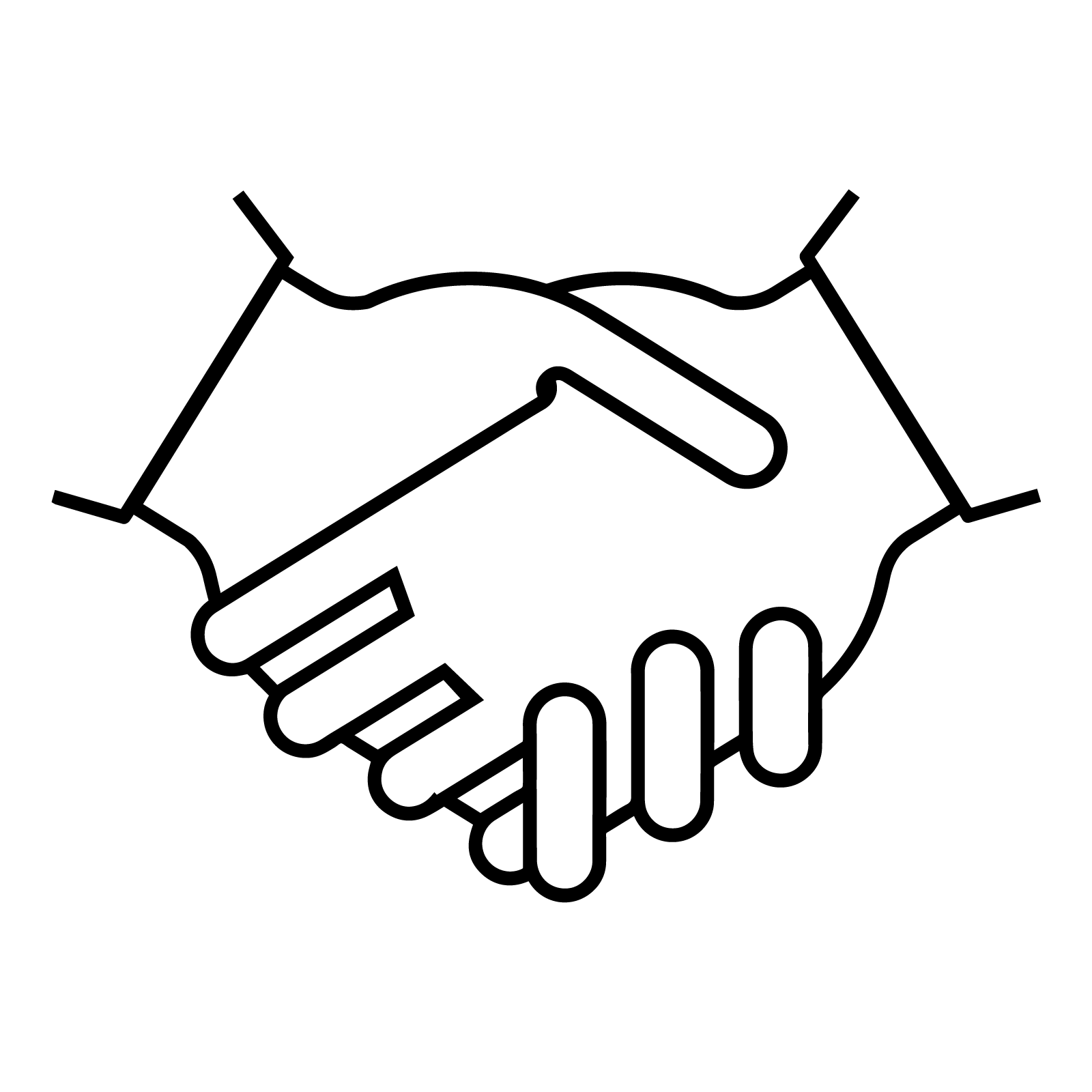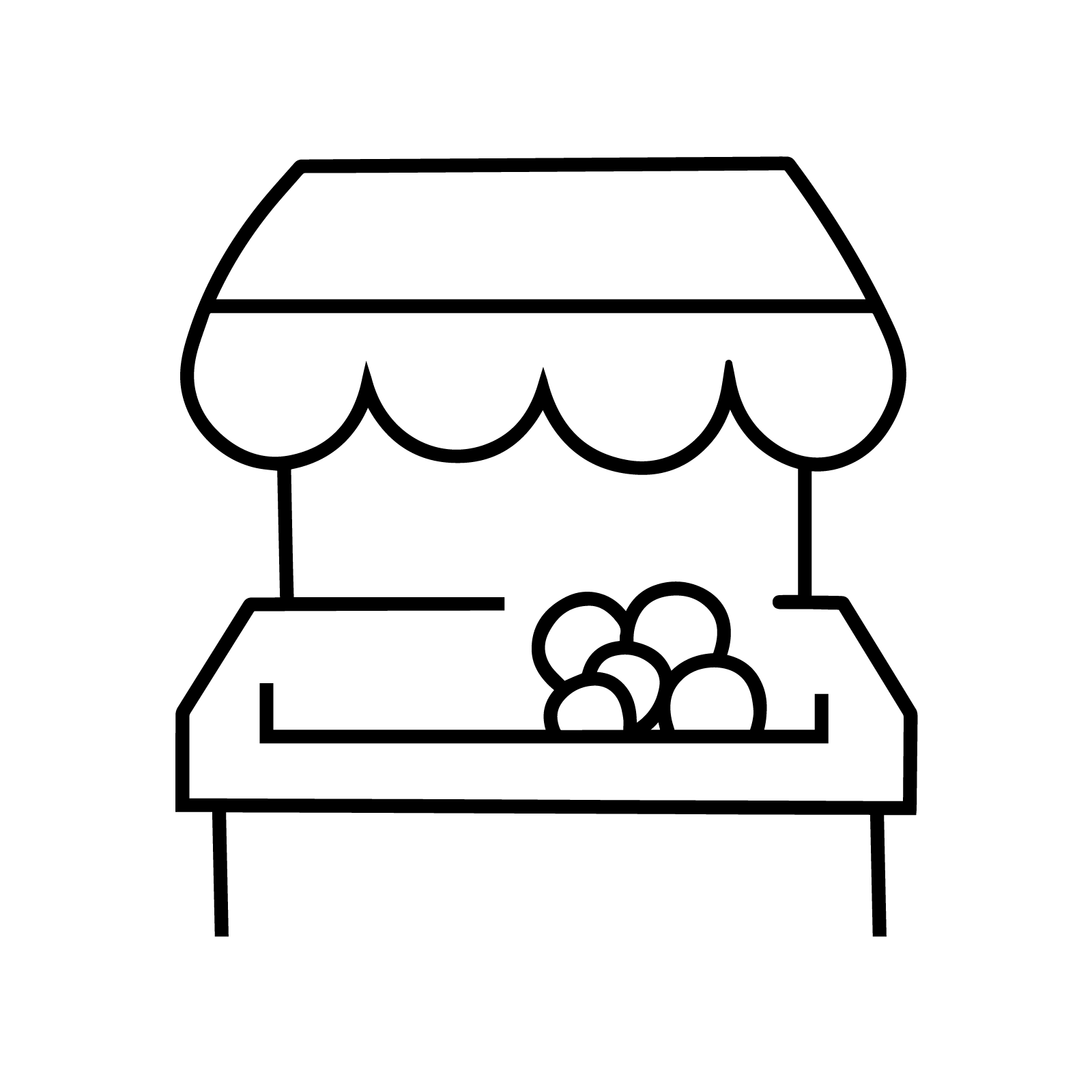Sustainable Vocabulary Guide
In today's article, we bring you a guide to sustainable vocabulary, certainly with many concepts you've already heard, but the meaning of which you may not really know forcertain.
With this, we intend to clarify any doubts and make the world of sustainability better known. Here you will find the most used terms, and by expanding your sustainable vocabulary you are expanding your sustainability!
Environment | A set of physical, chemical, biological and social agents that directly or indirectly affect living beings and human activities, in a given period of time.
Global Warming | Increase in the Earth's average temperature, derived from the excessive burning of fossil fuels, deforestation and industrial pollution.
Regenerative Agriculture | Regenerative Agriculture consists of promoting the production of healthy foods and the creation of closed cycles for the generation of raw material from waste and the application of ecologically sustainable practices.
Organic Food | Organic food uses techniques that respect the environment and aim at food quality. In this way, pesticides or any other product that could cause harm to the health of consumers are not used.
Biocapacity | Ability to continue to produce natural resources while they are consumed by the population. If an area’s ecological footprint is greater than its biocapacity, it is considered that that area does not have sustainable development.
Fair Trade | A business model that places human beings and economic, social and environmental sustainability at the center of the company's priorities. One of the main goals is to foster a culture of conscious consumption. Unfortunately there are big brands that still give precarious and inhumane conditions to their workers while selling products that only harm our planet.
Composting | Composting is a biological process by which microorganisms transform organic matter (leaves, paper, leftover fruit and vegetables) into a soil-like substance, which we call compost. Compost is rich in nutrients and improves the growth of plants, lawns and gardens.
Cruelty Free | Guarantee that a product has been produced without animal cruelty. A humane animal product means that it has not been tested on animals.
Sustainable Development | Development capable of meeting the needs of the current generation without compromising the needs of future generations.
Deforestation | Massive destruction of forest ecosystems that currently have reached about 1.2% of the total virgin forests, with the objective of obtaining products (wood, charcoal, among others) or free areas destined to agriculture and/or urbanization.
Circular Economy | Closed and dynamic economic model, which is based on the optimization of the flow of goods, the maximization of natural resources and the minimization of waste production. Unlike the linear economy, the circular model is focused on ending the flaws that exist throughout the lifecycle of a product.
Renewable Energy | Renewable energy is energy that comes from natural resources that are naturally replenished, such as sun, wind, rain and tides.
Fast Fashion | Business model aimed at the rapid production and consumption of clothing. There is a lot of strategy to encourage impulse buying and create new collections according to new trends. It is increasingly common to associate the fast-fashion industry with low product quality, precarious labor and gigantic environmental impact! We can define fast-fashion as the opposite of conscious consumption.
Greenwashing | Consists of an institution's strategy to relate its discourse to the defense of the environment, however, to carry out actions that contradict this discourse.
SDG | The Sustainable Development Goals (SDGs) are the actions proposed in a global agenda adopted in 2015 by the United Nations Summit. They comprise 17 objectivesand 169 goals related to Sustainable Development, with the purpose of being achieved by 2030.
Ecological Footprint | The ecological footprint is an indicator that compares the demand for natural resources needed for the production of consumer goods with the regenerative capacity of the planet.
Veganism | Veganism is a way of life that seeks to abolish any means of animal exploitation, not only in food, but also in clothing, testing, commerce, entertainment, work and in the composition of products.


